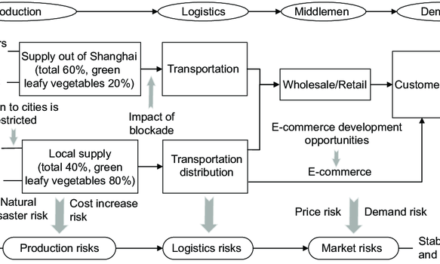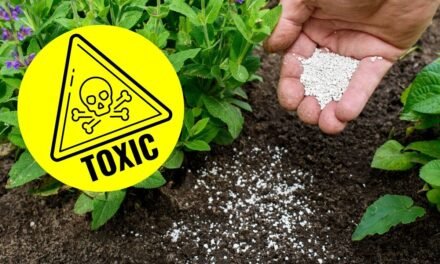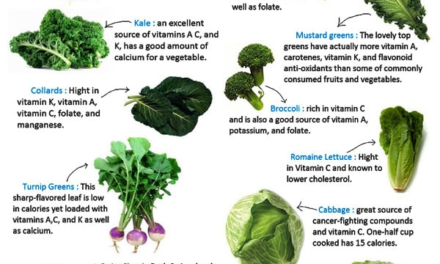Global trade policies and regulations will have significant effects on the agricultural manufacturing industry, influencing production, pricing, market access, and supply chain dynamics. Here are the key impacts:
1. Market Access and Tariffs
- Trade Barriers: Tariffs, quotas, and import/export restrictions can increase the cost of raw materials or finished goods, impacting profit margins. For example, higher tariffs on agricultural exports may limit market access for manufacturers, making it more difficult to sell products in certain regions.
- Free Trade Agreements (FTAs): The establishment or modification of free trade agreements (e.g., the USMCA or EU trade deals) can reduce trade barriers, facilitating easier and cheaper access to international markets. This could benefit agricultural manufacturers by increasing their export opportunities and reducing operational costs associated with cross-border transactions.
2. Regulatory Compliance and Standards
- Health and Safety Standards: Different countries have varying standards for food safety, labeling, and hygiene. Manufacturers will need to ensure their products comply with the specific regulations of each market they enter. This includes adherence to regulations around food additives, preservatives, GMO labeling, and allergen disclosures.
- Environmental Regulations: Governments are increasingly implementing environmental regulations on emissions, waste, and resource use in agricultural manufacturing. Regulations like carbon emissions limits, sustainable sourcing mandates, and waste management practices will require manufacturers to invest in cleaner technologies and more sustainable production methods.
3. Impact on Sourcing and Supply Chains
- Supply Chain Disruptions: Trade policies that involve sanctions, tariffs, or export bans can disrupt global supply chains, leading to delays in sourcing raw materials. For instance, if a key supplier in one country faces trade restrictions, it may be difficult to obtain ingredients, machinery, or packaging materials in a timely and cost-effective manner.
- Diversification of Sourcing: Manufacturers may need to diversify their sources of raw materials to mitigate risks associated with geopolitical tensions or trade policy changes. This could lead to increased investment in alternative suppliers or regions with more favorable trade policies.
- Currency Fluctuations: Trade policies that affect currency values can also impact the cost of raw materials and exports. For example, a weaker domestic currency due to trade tensions could make imports more expensive, increasing production costs for manufacturers.
4. Cost and Price Volatility
- Increased Production Costs: Trade restrictions like tariffs and import quotas can raise the cost of raw materials, leading to higher production costs. Manufacturers may need to adjust pricing strategies to maintain profitability, potentially passing on costs to consumers.
- Price Competitiveness: Policies that impact the cost of imports and exports can alter the price competitiveness of agricultural products in both domestic and international markets. For instance, favorable trade agreements can lower import tariffs, making it cheaper to source ingredients, while unfavorable policies may make domestic products more expensive in the global marketplace.
5. Intellectual Property (IP) Protections
- Protection of Innovations: Intellectual property regulations, such as patents, trademarks, and copyrights, play a critical role in the agricultural manufacturing industry. Stringent IP protections in key markets can incentivize innovation by ensuring that manufacturers can protect their proprietary processes, formulas, and technologies.
- Access to Biotechnology and GMOs: Global trade regulations regarding biotechnology, such as the use of genetically modified organisms (GMOs) or gene editing, vary by country. Trade policies that limit the use of GMOs or impose strict labeling requirements can hinder market access for manufacturers producing GMO-based or genetically enhanced agricultural products.
6. Sustainability and Ethical Sourcing
- Sustainability Initiatives: Global trade policies increasingly reflect sustainability concerns, with countries imposing requirements on manufacturers to ensure the responsible sourcing of raw materials. Trade regulations might enforce ethical labor practices, fair-trade certifications, and environmental sustainability standards that manufacturers must meet to access global markets.
- Traceability and Transparency: Countries may require more transparency in the sourcing of agricultural products, pushing manufacturers to implement traceability systems. This means proving that products are sourced sustainably and ethically, which could involve additional costs and investments in new systems and technologies.
7. Impact on Local vs. Global Markets
- Localization of Production: Trade policies may influence the decision to localize production or source materials from specific regions. For instance, trade regulations encouraging local production or imposing tariffs on imported goods may push manufacturers to establish more local supply chains or production facilities to reduce reliance on international suppliers.
- Access to Emerging Markets: Trade agreements that open up emerging markets in developing countries can offer significant growth opportunities for agricultural manufacturers. As incomes rise in these regions, demand for processed foods, beverages, and other agricultural products will likely grow, influencing manufacturing strategies to cater to these new markets.
8. Geopolitical Risks
- Political Instability and Trade Wars: Trade policies influenced by geopolitical tensions, such as sanctions or trade wars, can disrupt international trade flows. Agricultural manufacturers may face challenges when trade agreements are renegotiated or when countries impose tariffs on key export goods. For example, a trade war between major economies could result in sudden shifts in market access, raw material availability, or pricing.
9. Consumer Preferences and Regulatory Alignment
- Consumer Awareness and Regulations: Trade regulations may align with growing consumer demand for transparency and sustainability. This could push agricultural manufacturers to ensure their products meet both regulatory requirements and consumer expectations for clean labels, ethical production, and environmentally friendly practices.
10. Global Competitiveness
- Market Competition: International trade policies will influence the competitive landscape of the agricultural products manufacturing industry. Countries with more favorable trade policies may gain a competitive advantage in terms of access to raw materials and global markets, while countries with more protectionist policies may limit their manufacturers’ ability to compete on the global stage.









